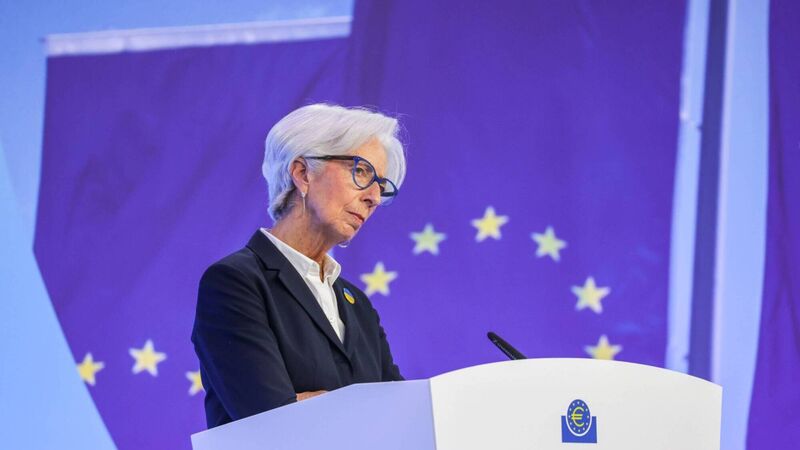ECB to raise rates again by 0.75% this week, say economists

Christine Lagarde, president of the European Central Bank. Picture: Alex Kraus/Bloomberg
The European Central Bank is anticipated to hike interest rates by another 75 basis points on Thursday, according to economists.
This will be the ECB’s third interest rate hike this year in an effort to cool down consumer prices and stop them from getting out of control.














